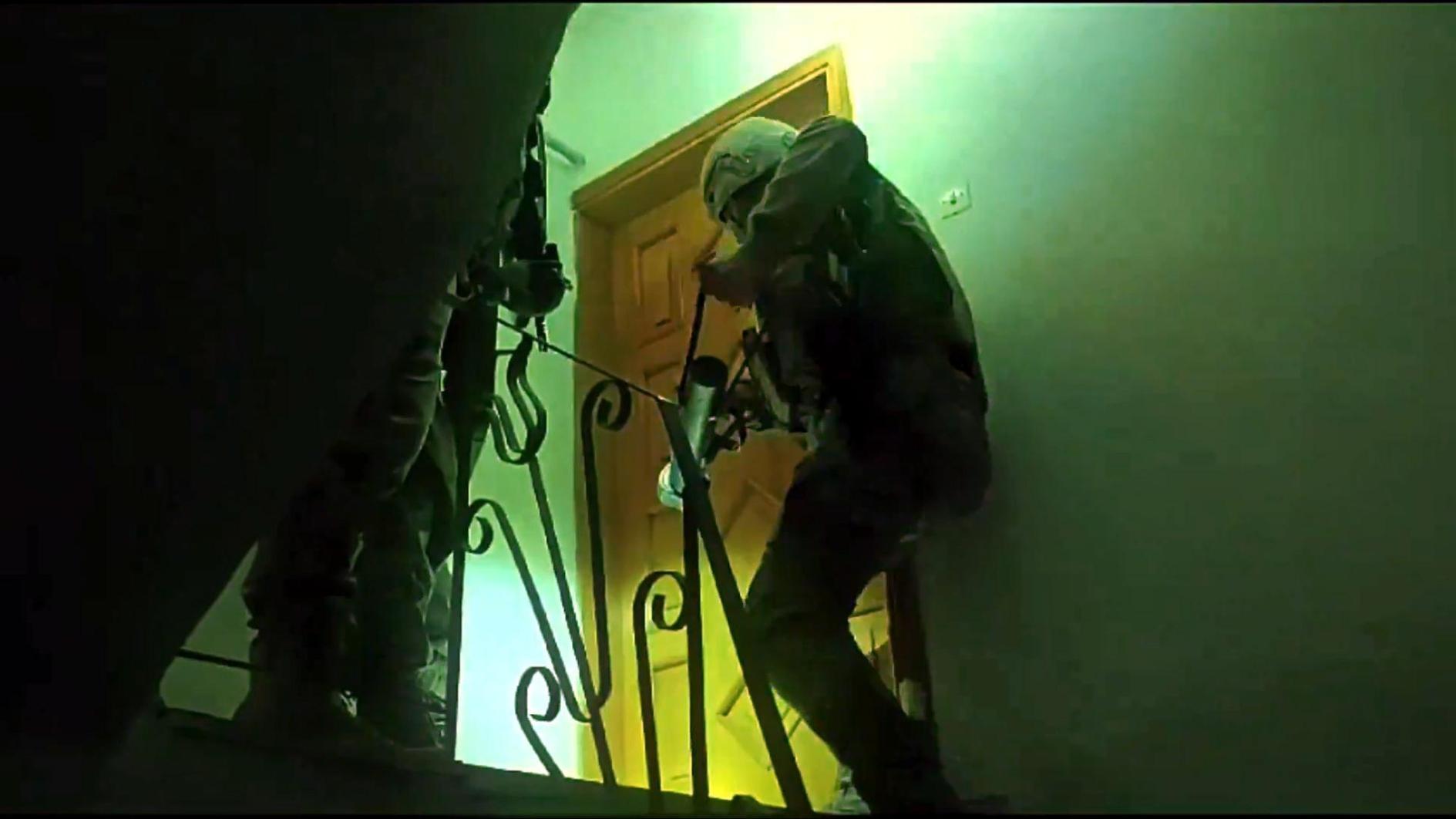Court accepts indictment on misconduct in ‘military espionage’ case
ISTANBUL – Anadolu Agency
 An Istanbul court has accepted an indictment prepared against a former deputy chief prosecutor and three judges on charges related to their professional conduct in a military espionage case.
An Istanbul court has accepted an indictment prepared against a former deputy chief prosecutor and three judges on charges related to their professional conduct in a military espionage case. The indictment demanded up to 14 years and 6 months of imprisonment for former Istanbul Deputy Chief Public Prosecutor Fikret Seçen, who prepared the indictment of the espionage case, and judges Metin Özçelik, Mehmet Ekinci and Birol Bilen, who saw the case.
The suspects were charged with slander, misconduct, extortion and destroying or hiding official documents.
According to the document, Seçen did not reveal a document from the Scientific and Technological Research Council of Turkey (TÜBİTAK) that was demanded by the defense lawyer in the case, Naim Karakaya, and put it under protection with the property and evidence unit.
The indictment said the documents from TUBİTAK bore information which would clarify the legal situation of the defendants and that they were not “criminal materials” that needed to be registered by the evidence unit but rather technical documents which were considered as evidence in defense of the defendants.
In the indictment, Seçen was also detected as fleeing the country two days before a travel ban was issued against him and therefore an arrest warrant demand was made.
Noting Seçen’s status as a fugitive, Deputy Chief Public Prosecutor Ömer Faruk Aydıner demanded an arrest warrant for Seçen, underlining a ban on leaving the country was ineffective considering the suspect was already abroad.
The court, however, rejected the demand but later agreed to reevaluate upon Aydıner’s objection.
The military espionage case refers to the 2011 prosecution of 56 members of the Turkish Armed Forces (TSK) on charges of military espionage and blackmailing. The charges brought against them included illegal wiretapping, founding a criminal organization and espionage. The indictment alleged that the accused intended to share information with third parties in return for financial gain.
















